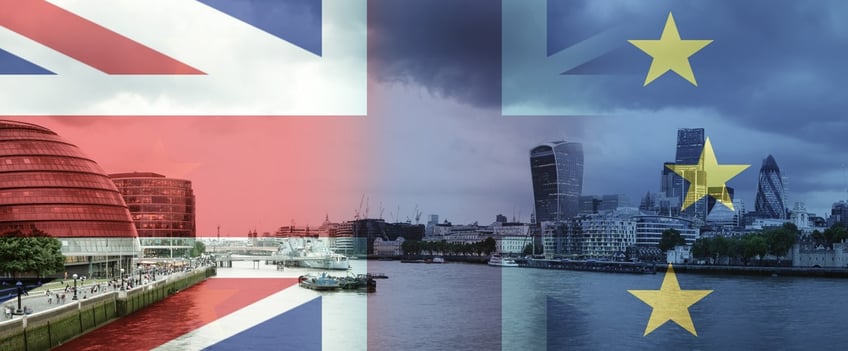
This week we feature guest author Matthew Springate, Principal for Tradewin's practice in Europe. Since 1997, Tradewin has been providing expert import and export advice to clients all over the world. Combined, their skilled team of Customs brokers, lawyers, accountants, and other professionals possess more than 400 years of experience. Together, they have helped thousands of clients save more than $50 million in duties, guiding them through the ever-changing and complex arena of international regulations as effortlessly as possible. Tradewin is a wholly-owned subsidiary of Expeditors.
Parliament in the United Kingdom is currently debating approval of the Withdrawal Agreement Bill (WAB) that outlines a potential future relationship between the United Kingdom and European Union after Brexit.
The UK has requested that the European Union extend the Brexit deadline to January 31, 2020, in order to properly scrutinize this bill. Additionally, the Prime Minister has called for a general election to occur in December, if an extension is granted.
While the ultimate political outcome is still unknown, here are five things that importers and exporters trading with the United Kingdom need to know about the future trading relationship as envisioned in the Withdrawal Agreement Bill.
- Customs Declarations will be required on trade with the European Union
The UK (England, Wales, Scotland, and Northern Ireland), will leave the Customs Union. This means that goods transiting between the UK and EU will require a customs declaration, as well as the data and documentary elements that support such declarations, like HS Classifications, Customs Values, Country of Origin determinations, and commercial documentation.
- Northern Ireland will leave the EU Customs Union with the United Kingdom
The entirety of the United Kingdom will leave the EU Customs Union after Brexit, including Northern Ireland. Thus, Northern Ireland will be able to benefit from new trade deals as part of the United Kingdom. However, Northern Ireland, as well as the rest of the United Kingdom, will no longer be a member of EU free trade agreements that are in place today.
- Checks will be required for product moving from Great Britain to Northern Ireland
In lieu of implementing a hard border across the island of Ireland, Northern Ireland will maintain certain alignments with the European Union to limit the risk of non-compliant goods entering the EU. Northern Ireland is committed to remaining aligned with certain EU product standards, including food safety. This will necessitate inspection of certain product moving within the United Kingdom from Great Britain to Northern Ireland, to ensure that goods entering Northern Ireland meet EU standards.
- EU duty payments may be required for goods moving from Great Britain to Northern Ireland
In addition to checks on EU product regulatory requirements, the agreement contains safeguards protecting EU tariff revenue and reducing smuggling risk between Ireland and Northern Ireland. The WAB creates provision where goods moving from Great Britain to Northern Ireland will incur payment of EU customs duties. Refund of these duties will be possible when the importer in Northern Ireland is able to demonstrate that goods are to remain in Northern Ireland, rather than being sold on to a European Union country.
- There will be a Transition Period
Assuming the WAB is passed into law as stated, there will be a set transition period where customs arrangements will remain as they are today between the UK and EU, until such a time as the necessary preparations are made.
In the run-up to a Brexit agreement, companies must prepare by setting up their trade compliance data and documentation, including classification, valuation policy, origin determination, free trade agreement analysis, and commercial documentation.
Additionally, companies benefit from pursuing an Authorised Economic Operator strategy to improve their compliance standing with customs. Should you need any support on these endeavours, or guidance on your Brexit mitigation strategy, please contact Tradewin.




